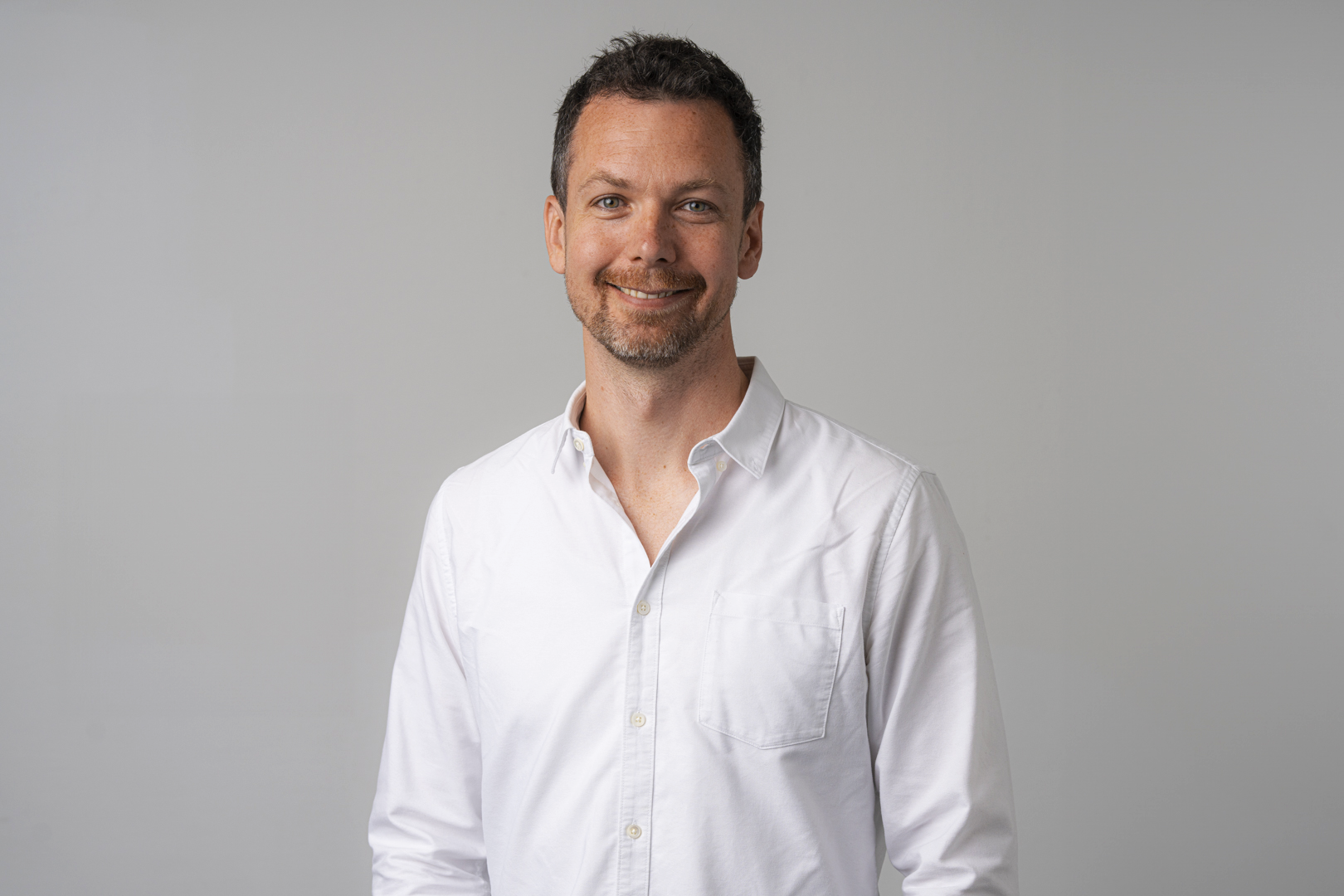Andreas Bjerre-Nielsen
Research leader

Project title
Coded Clues: Unraveling Learning at High Resolution
What is your project about?
Digital technologies have gained a foothold in education. The question is whether these technologies can support learning and accommodate individual learning patterns? In this project, I will explore the potential of intelligent learning systems to assess and better understand children's academic development. By combining data from digital learning platforms and administrative data from primary schools in Denmark, it is possible to investigate the short-term and long-term effects of intelligent learning systems on students' performance, learning, and well-being. We will focus on whether the systems work equally across different student backgrounds such as gender, ethnicity, and socioeconomic status. The project, like myself, is interdisciplinary and uses methods from economics and data science. Our work will result in new benchmarks for students' knowledge, which we will use to study how learning speed is affected by teaching and efforts both in and out of the classroom.
How did you become interested in your particular field of research?
My interest in the project stems from a fundamental curiosity about how children learn and acquire skills, as well as a fascination with new technology. My fascination and interest in new digital technologies have been there since I was young, but was truly ignited when I participated in the Copenhagen Network Study as a PhD student, where we collected data through smartphones and a visit to Stanford University, the heart of Silicon Valley. These experiences opened my eyes to the new possibilities of leveraging digital technology and data science. My curiosity about learning and education as a field comes from my background in economics, where there is a fundamental understanding that improved knowledge and education can help elevate societal prosperity and economic opportunities.
What are the scientific challenges and perspectives in your project?
The project has a number of practical and academic challenges. The practical challenges are largely solved with this grant by providing funds and resources to collect and process data and access technical infrastructure for calculations and models. The academic challenges we need to address include measuring the effect of how the learning platforms themselves affect students, using econometric methods that leverage randomness in the use of technology. We will also use new methods known from large language models like ChatGPT to develop new benchmarks for student knowledge, which will also require adapting the methods. The big perspective in the project is that we can get better at measuring academic development in high resolution, which can enable a new way of understanding how students acquire skills.
What is your estimate of the impact, which your project may have to society in the long term?
My research investigates the use of digital technology in primary schools. Thus, it can illuminate the advantages and disadvantages of using digital technology in teaching and how we can better utilize these technologies. This understanding is not just important for current technologies, but also for understanding and using new technologies that are on the way and increasingly will use more intelligent models, such as ChatGPT.
Which impact do you expect the Sapere Aude programme will have on your career as a researcher?
It is of great importance to my career that I now receive research funds through the Sapere Aude: DFF-Starting Grant to answer crucial questions about how we can use educational technology better going forward. These answers will be important not just in a Danish context, but also contribute new knowledge internationally. This knowledge is especially important going forward as regulation within artificial intelligence is on its way, including directives from the EU. At the same time, the project will enable me and my research group to collaborate with leading experts and expand my network within the field.
Background and personal life
I live in Brønshøj with my wife Anne and our two children. My role as a father provides me with important breaks from research, and I enjoy engaging in activities with the family such as cycling in the forest or going to the swimming pool. In my free time, I am otherwise with my friends and like to go running. In addition to research and teaching, I am also passionate about creating policy changes through dialogue with ministries and municipalities about, for example, how to better utilize new technology for societal goals.
View all research leaders here
Research institution
University of Copenhagen
Research field
Social Data Science and Economics
City of your current residence
Copenhagen
High school
Falkonergården Gymnasium
